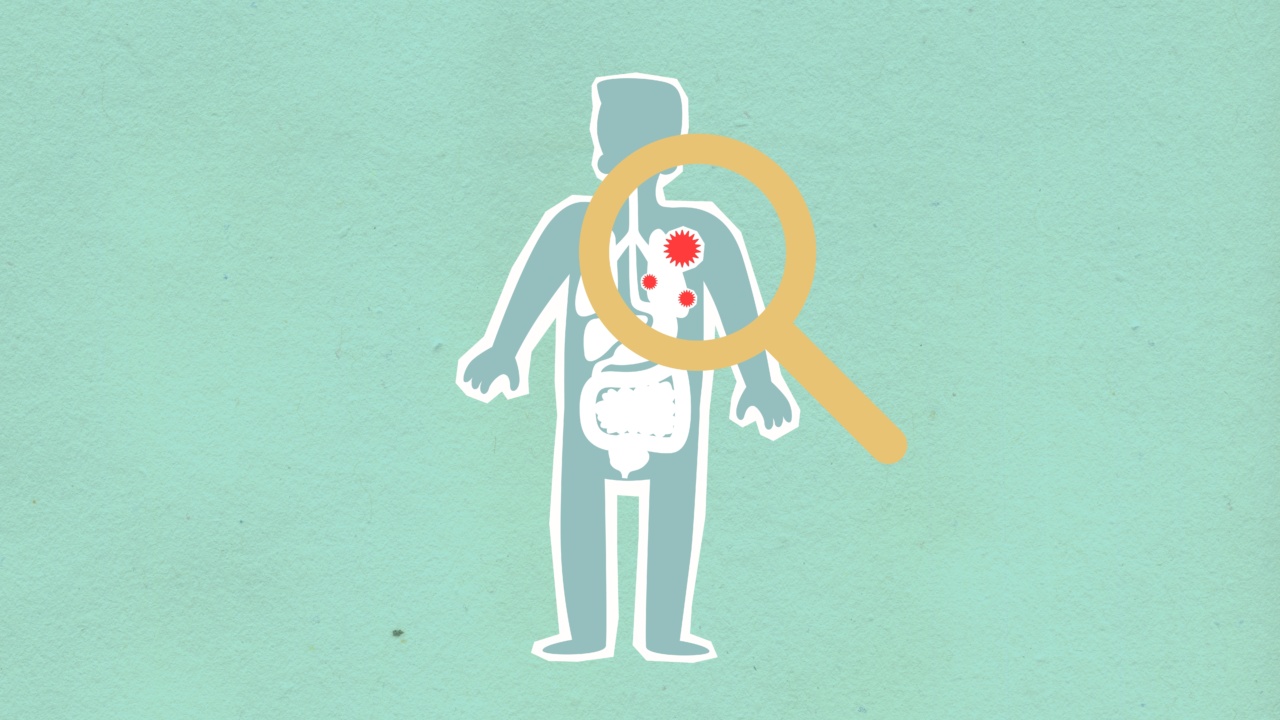Alzheimer’s disease is a progressive neurological disorder that primarily affects older individuals.
It is the most common cause of dementia, a term used to describe a decline in cognitive functioning severe enough to interfere with daily life activities. As of now, there is no cure for Alzheimer’s disease, and its exact cause remains unknown. However, extensive research has been conducted to shed light on the mysteries surrounding this debilitating condition.
The Impact of Alzheimer’s on Memory
One of the most prominent symptoms of Alzheimer’s disease is the deterioration of memory and thinking abilities. The disease initially affects the hippocampus, a brain region responsible for forming new memories.
As Alzheimer’s progresses, it also interferes with other areas of the brain, leading to language difficulties, disorientation, and changes in personality and behavior. Witnessing a loved one’s memory slowly fade away can be heart-wrenching and profoundly impacts both the individual and their family.
Diagnosing Alzheimer’s Disease
Diagnosing Alzheimer’s disease can be a complex and challenging process.
Since there is no definitive test for the condition, doctors rely on a combination of medical history, cognitive assessments, and brain imaging techniques to evaluate a patient’s symptoms. The diagnostic journey can be lengthy and emotional, as individuals and their families strive to understand the cause of their cognitive decline and plan for the future.
The Role of Genetics
While the exact cause of Alzheimer’s disease remains elusive, genetics are known to play a significant role in its development.
Certain gene mutations, such as those associated with the amyloid precursor protein and presenilin genes, increase the likelihood of developing early-onset Alzheimer’s disease. However, these genetic factors account for only a small percentage of Alzheimer’s cases. Late-onset Alzheimer’s, which is more common, involves a complex interplay of genetic and environmental factors that are yet to be fully understood.
Exploring Risk Factors
In addition to genetics, several other factors have been associated with an increased risk of developing Alzheimer’s disease.
Age is the most significant risk factor, with the incidence of Alzheimer’s doubling approximately every five years after the age of 65. Other risk factors include a history of head injuries, cardiovascular disease, high blood pressure, diabetes, and lifestyle factors such as smoking, poor diet, and lack of physical exercise.
While these factors do not guarantee the development of Alzheimer’s, addressing them may help reduce the risk.
The Role of Beta-Amyloid Plaques and Tau Protein
Alzheimer’s disease is characterized by the presence of beta-amyloid plaques and tau protein tangles in the brain.
Beta-amyloid is a protein that normally exists in the brain but clumps together to form plaques, which disrupt communication between brain cells. Tau protein, on the other hand, helps stabilize structures within brain cells, but in Alzheimer’s, it becomes abnormal and forms twisted tangles, disrupting the cell’s ability to transport nutrients.
Researchers continue to investigate the precise role of these protein abnormalities in disease progression.
Current Treatment Approaches
While there is no cure for Alzheimer’s disease, several treatment approaches help manage symptoms and improve patients’ quality of life.
Cholinesterase inhibitors, such as donepezil and rivastigmine, are commonly prescribed to enhance memory and thinking. Another medication, memantine, works by regulating glutamate activity and slowing disease progression.
Additionally, non-pharmacological interventions, including cognitive stimulation, physical exercise, and social engagement, have shown promising results in preserving cognitive function and reducing behavioral symptoms.
The Search for a Cure
Scientists and researchers worldwide are tirelessly working towards finding a cure for Alzheimer’s disease. Numerous clinical trials are investigating new therapies, such as anti-amyloid antibodies and drugs targeting tau tangles.
These studies aim to understand the disease better, identify potential treatment breakthroughs, and ultimately offer hope to the millions of individuals affected by Alzheimer’s.
Managing the Emotional Impact
Alzheimer’s disease not only affects the individual diagnosed but also has a profound emotional impact on their family and caregivers.
Witnessing the cognitive decline and personality changes in a loved one can induce feelings of grief, stress, and a sense of helplessness. It is essential for caregivers to seek support, both from healthcare professionals and support groups, to navigate the complex emotions and challenges associated with caring for someone with Alzheimer’s disease.
The Importance of Early Detection
Early detection plays a vital role in managing Alzheimer’s disease. Identifying the condition in its early stages allows individuals to participate in clinical trials and explore various treatment options.
Additionally, it enables families to plan for the future, make legal and financial arrangements, and provide the best possible care and support for their loved ones.
Preparing for the Future
As Alzheimer’s disease progresses, it is essential for both individuals and their families to make adequate preparations for the future.
This includes creating a supportive and safe environment, making legal arrangements through power of attorney or guardianship, and discussing end-of-life wishes. By planning ahead, individuals with Alzheimer’s can maintain a sense of control and dignity throughout their journey, while their families have the necessary resources and support in place.





























